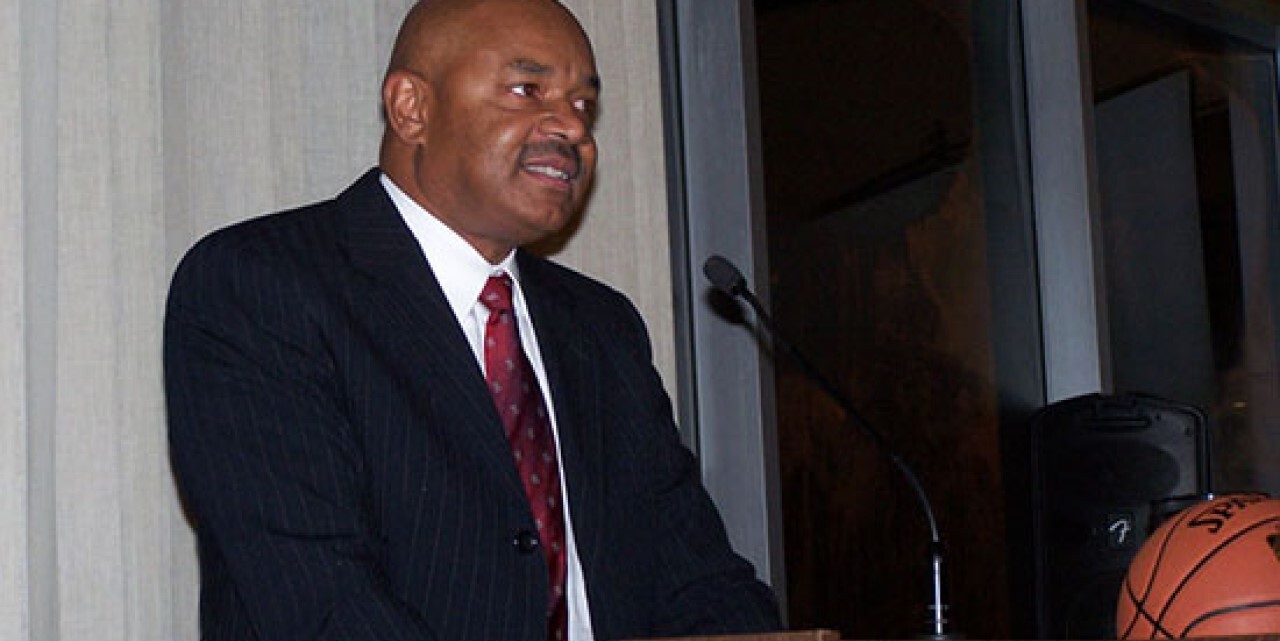CHICAGO — An ordinance in north suburban Zion that requires annual city inspections of rental units may be unconstitutional, according to a federal judge who refused to dismiss a lawsuit from a landlord and tenants challenging the policy.
In 2016, Robert and Dorice Pierce sent a letter to the city refusing to consent to an inspection. Zion took no action against the couple, but in August 2019 officials sent a letter to their landlord, Josefina Lozano, ordering her to obtain a certificate of compliance with the inspection. In response, Lozano and the Pierces sued the city, arguing the inspection ordinance violates Fourth Amendment protections.
U.S. District Judge John Kness issued an opinion Sept. 23, denying the city’s motion to dismiss the complaint for lack of standing.
According to Kness, Zion enacted the ordinance because officials were concerned about an increase in residential rental units not at least partially occupied by the owner. To legally rent properties, landlords must arrange for annual inspections. Without a valid compliance certificate, the city can levy fines of up to $750 per day.
Kness said the city amended its ordinance in 2019, adding a provision barring penalties when a landlord or tenant refuses the inspection and another clarifying the city’s “right to seek an administrative search warrant… solely for the purpose of conducting said inspection.”
In arguing for dismissal, the city said Lozano and the Pierces couldn’t sue because no fines have actually been imposed. They cited a 2013 U.S. Supreme Court opinion in Clapper v. Amnesty International USA, which Kness said “requires an injury to be ‘certainly impending’ to satisfy” standing requirements.
In that case, the court ruled plaintiffs couldn’t sue under the Foreign Intelligence Surveillance Act although they argued their clients’ communications were likely to be acquired and they had to spend extra money and effort to reduce confidential information shared via email.
But Lozano and the Pierces cited a 2014 U.S. Supreme Court opinion, Susan B. Anthony List v. Driehaus, which Kness said established “a pre-enforcement challenge to a law is acceptable where ‘there exists a credible threat of prosecution thereunder.’ ”
Kness said the plaintiffs “have the better of the argument” because they are living in an uninspected unit, violating the challenged ordinance. Further, the city’s communications on the matter — as well as a $100,000 fine to another landlord — established a reasonable belief of prosecution.
Furthermore, Kness said he asked during oral arguments if the city intended to impose a penalty and its lawyer “declined to rule out that possibility.” As the Pierces are renting illegally, Lozano also is subject to “potential fines caused by the ongoing unlawful occupancy,” and the only thing preventing a “significant statutory penalty” is the city’s choice not to enforce its ordinance.
“This precarious condition — the maintenance of which depends upon municipal forbearance — is sufficient to create a ‘reasonable belief’ by plaintiffs that the amended ordinance will be applied against them,” Kness wrote. “Plaintiffs have therefore alleged enough to establish a ‘live controversy’ under the Susan B. Anthony ‘substantial risk’ standard.”
The city also argued its right to seek an administrative warrant undercuts the risk of prosecution, but Kness said that doesn’t change the prevailing fact that municipal discretion could still result in fines, and that reality is sufficient to maintain the allegation of substantial risk.
The plaintiffs are represented by attorneys James W. Joseph, of the firm of Eimer Stahl, of Chicago, and Rob Peccola and Adam F. Griffin, of the Institute for Justice, of Arlington, Virginia.
Zion is represented by attorneys Michael J. Atkus and William W. Kurnik, of the firm of Knight, Hoppe, Kurnik & Knight, of Rosemont.
